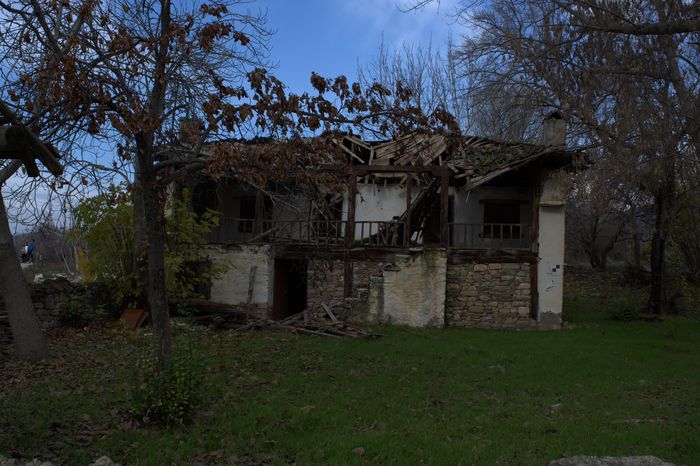For his constant wakefulness, his privations and his labors were undergone for no other reason than to contrive each day ever more exaggerated calamities for his people. For he was, as I said, unusually keen at inventing and quick at accomplishing unholy acts, so that even the good in him transpired to be answerable for the downfall of his subjects.
14. Justice for sale
Everything was done the wrong way, and of the old customs none remained; a few instances will illustrate, and the rest must be silence, that this book may have an end. In the first place, Justinian, having no natural aptitude toward the imperial dignity, neither assumed the royal manner nor thought it necessary to his prestige. In his accent, in his dress, and in his ideas he was a barbarian.
When he wished to issue a decree, he did not give it out through the Quaestor’s office, as is usual, but most frequently preferred to announce it himself, in spite of his barbarous accent; or sometimes he had a whole group of his intimates publish it together, so that those who were wronged by the edict did not know which one to complain against.
The secretaries who had performed this duty for centuries were no longer trusted with writing the Emperor’s secret dispatches: he wrote them himself and practically everything else, too; so that in the few cases where he neglected to give instructions to city magistrates, they did not know where to go for advice concerning their duties.
For he let no one in the Roman Empire decide anything independently, but taking everything upon himself with senseless arrogance, gave the verdict in cases before they came to trial, accepting the story of one of the litigants without listening to the other, and then pronounced the argument concluded; swayed not by any law or justice, but openly yielding to base greed. In accepting bribes the Emperor felt no shame, since hunger for wealth had devoured his decency.
Often the decrees of the Senate and those of the Emperor nominally conflicted. The Senate, however, sat only for pictorial effect, with no power to vote or do anything. It was assembled as a matter of form, to comply with the ancient law, and none of its members was permitted to utter a single word.
The Emperor and his Consort took upon themselves the decisions of all matters in dispute, and their will of course prevailed. And if anybody thought his victory in such a case was insecure because it was illegal, he had only to give the Emperor more money, and a new law would immediately be passed revoking the former one. And if anybody else preferred the law that had been repealed, the ruler was quite willing to reestablish it in the same manner.
Read More about The Secret History part 7








